Scientists Say
A weekly word defined, in a sentence and in context.
-
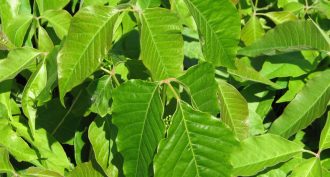 Plants
PlantsScientists Say: Urushiol
Poison ivy looks harmless, but its oil, urushiol, is not. This is the plant’s oil that leaves an itchy rash or blisters on your skin.
-
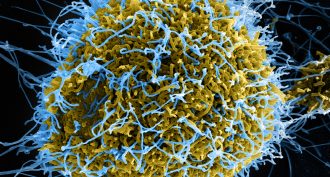 Health & Medicine
Health & MedicineScientists Say: Virulence
The virulence of a germ is a measure of its potential to cause disease.
-
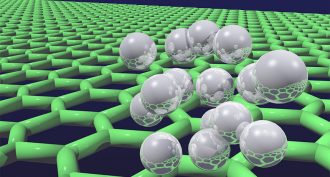 Physics
PhysicsScientists Say: Quantum
Quantum seems like a very complex word. But really, it’s a term used for something very, very small.
-
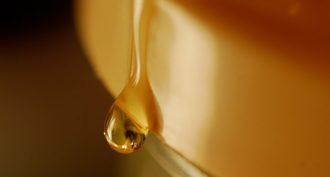 Physics
PhysicsScientists Say: Viscosity
We know some liquids are thick and some are thin. This week’s word describes the property of these liquids to resist tension or pressure.
-
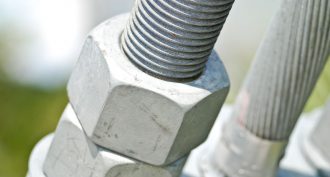 Physics
PhysicsScientists Say: Torque
Some forces pull and some push. This force produces turning or twisting.
-
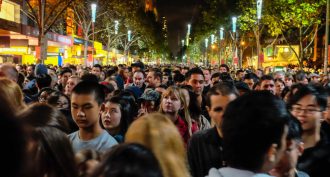 Science & Society
Science & SocietyScientists Say: Social
Social is a single word used in many ways. But whether it’s social media or social order, social describes how we interact.
-
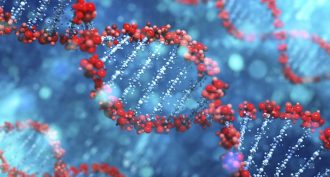 Genetics
GeneticsScientists Say: Loci
The DNA in our bodies contains thousands of genes, all with different functions. We use a special word for their location.
-
 Genetics
GeneticsScientists Say: Allele
What makes your eyes green or brown? Different versions of the same gene. We call these alternative forms by a separate name.
-
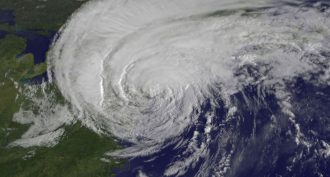 Climate
ClimateScientists Say: Cyclone
These strong storms have different names in different oceans. But all are cyclones.
-
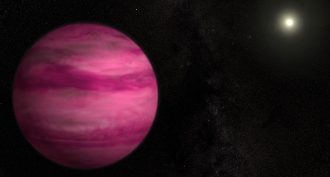 Planets
PlanetsScientists Say: Exoplanet
Eight planets orbit our sun. We give a slightly different name to the millions of similar bodies orbiting other stars.
-
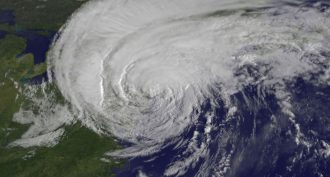 Climate
ClimateScientists Say: Hurricane or typhoon?
Sometimes you read about hurricanes, and sometimes about typhoons. The difference? Location, location, location.
-
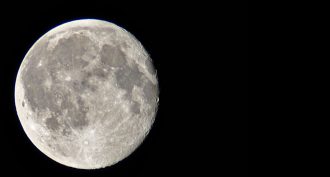 Planets
PlanetsScientists Say: Satellite
When we think of satellites, we often think of objects we send into space from Earth. But most satellites are actually all natural.